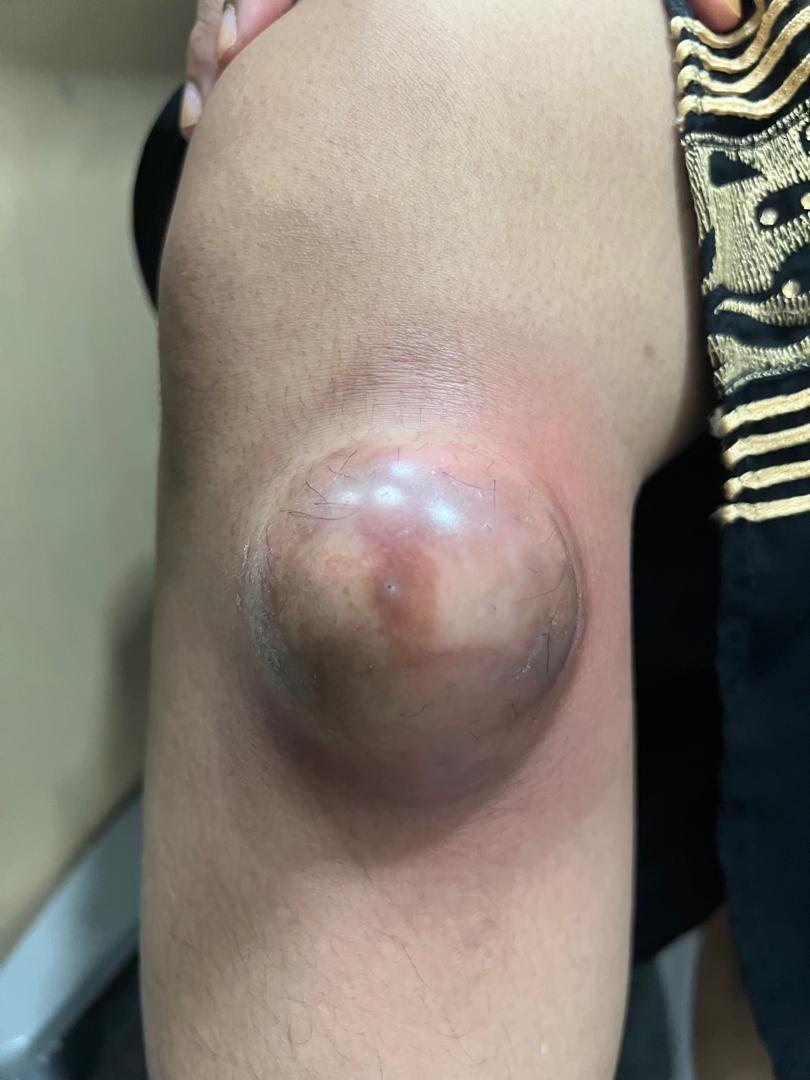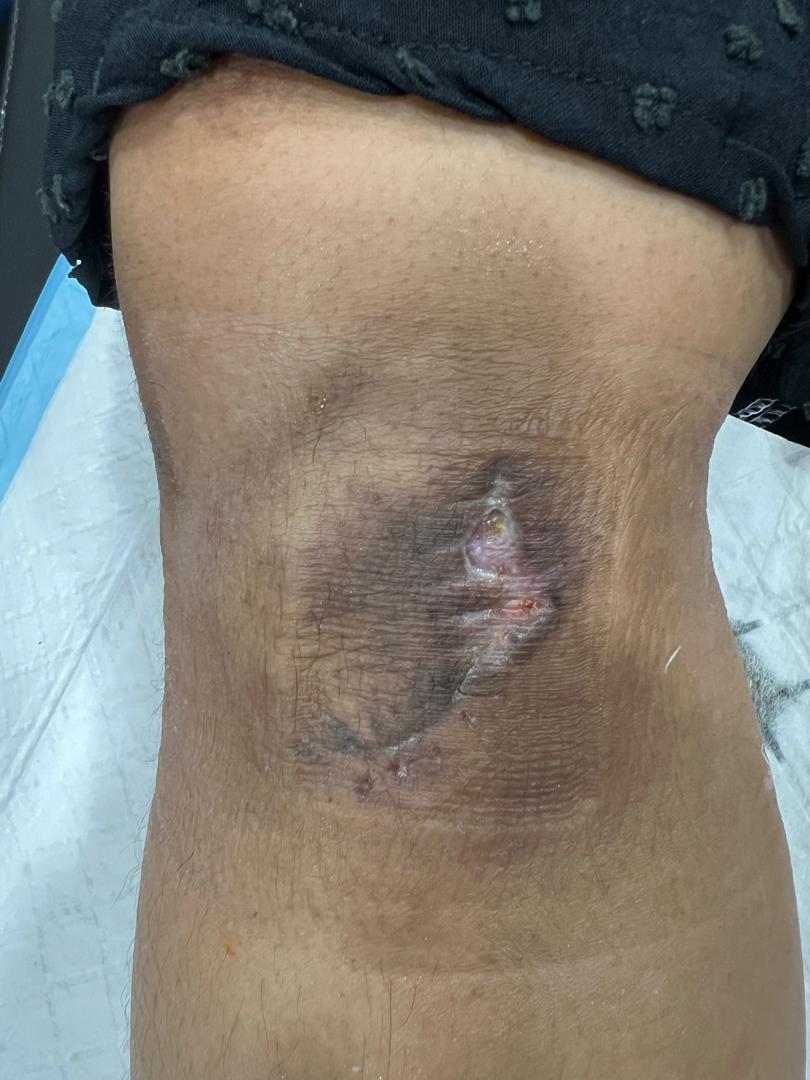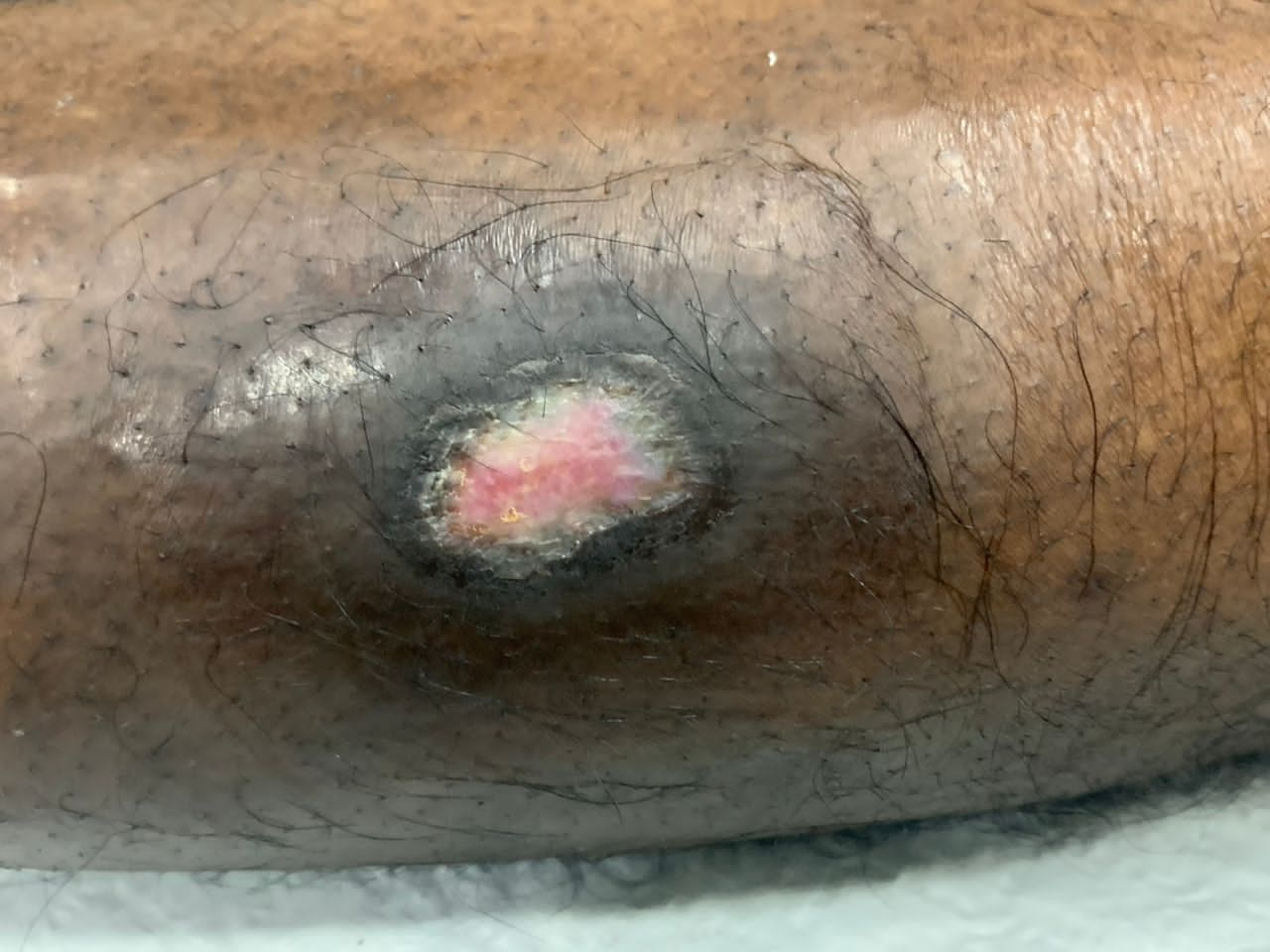Tumor surgery represents a crucial milestone in the journey towards healing for many individuals grappling with the presence of abnormal growths within their bodies. It's a procedure filled with both hope and uncertainty, where the expertise of surgeons, coupled with the resilience of patients, converge to combat these formidable adversaries. In this blog, we delve deep into the world of tumor surgery, offering insight, advice, and encouragement to those embarking on this transformative journey.
Understanding Tumor Surgery:
Tumor surgery, also known as surgical excision or tumor resection, is a meticulous procedure aimed at removing abnormal growths, whether benign or malignant, from various bodily tissues or organs. The decision to undergo tumor surgery is often based on several factors, including the type, size, location, and aggressiveness of the tumor, as well as the overall health and preferences of the patient.


The Importance of Informed Decision-Making:
Before proceeding with tumor surgery, it's essential for patients to have a comprehensive understanding of their condition and treatment options. This involves open and honest discussions with healthcare providers, asking questions, seeking second opinions if necessary, and weighing the potential risks and benefits of surgery. Armed with knowledge and information, patients can make informed decisions that align with their goals and values.
Preparation and Planning:
Preparation is key to a successful tumor surgery outcome. Patients will undergo a series of pre-operative assessments, including imaging tests, blood work, and physical examinations, to evaluate their overall health and ensure they are well-equipped for surgery. In the days leading up to the procedure, it's important to follow any pre-operative instructions provided by the healthcare team, such as fasting requirements or medication adjustments.
During the Surgery:
Tumor surgery is a complex and highly specialized procedure that demands the expertise of skilled surgeons and the support of a multidisciplinary team. Patients can expect to receive anesthesia to ensure comfort during the operation. The surgeon will then make an incision to access the tumor, carefully removing it while preserving surrounding healthy tissue. Depending on the location and size of the tumor, minimally invasive techniques or robotic-assisted surgery may be utilized to enhance precision and minimize trauma.


Recovery and Rehabilitation:
The road to recovery following tumor surgery requires patience, perseverance, and ongoing support. Immediately after surgery, patients will be closely monitored in the recovery room before being transferred to a hospital room or discharged home. Pain management, wound care, and mobility exercises are integral aspects of post-operative care. Physical therapy and rehabilitation may also be recommended to help regain strength, mobility, and function
 .
.
After surgery*
Embracing the Journey:
While tumor surgery may represent a daunting chapter in one's life, it's also an opportunity for growth, resilience, and renewal. By embracing the journey with courage and optimism, patients can navigate the challenges ahead with grace and determination. Remember, you are not alone. Lean on your support network, stay informed, and trust in the expertise of your healthcare team.
Conclusion:
Tumor surgery is more than just a medical procedure; it's a transformative journey towards healing, hope, and new beginnings. As you embark on this path, remember to advocate for yourself, stay informed, and embrace each step with courage and resilience. Together, we can overcome the challenges posed by tumors and emerge stronger on the other side.
Contact us now to discover more and take the crucial first step towards improving your well-being!